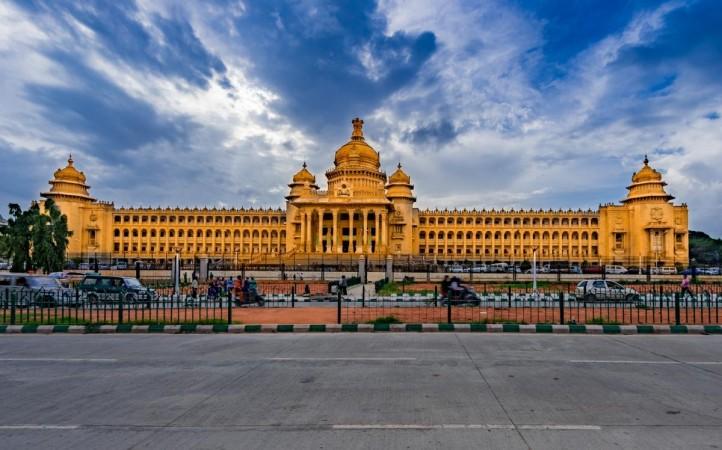Bengaluru is known for its serene environment, breathable air amidst a bustling lifestyle, but it might not be the safest city in India after all. According to a Greenpeace survey, the Garden City of India had the third-worst air pollution in 2020, which contributed to roughly 12,000 deaths. Bengaluru, which is regarded as one of the greenest cities for its abundance of parks and trees, still manages to rank among the worst polluted cities in India, but the situation is worse as you move north.
According to the Greenpeace report, Delhi still ranked the worst followed by Mumbai, which had the second-worst air pollution in all of India last year. What's alarming is that Delhi had approximately 54,000 deaths and Mumbai had 25,000 deaths due to air pollution.

Delhi's mortality is shocking even when compared to major cities globally. The report says roughly 160,000 deaths are caused due to PM 2.5 air pollution and here's how Delhi ranked on a global scale:
- Delhi
- Mexico City
- Sao Paulo
- Shanghai
- Tokyo
Need sustainable solutions
It's worth pointing out that the survey was conducted when there was a strict lockdown was enforced nationwide. Despite that, air pollution remains one of the worst health hazards and sustainable solutions and investments towards making the environment green are the need of the hour.

"When we choose fossil fuel over clean energy, our health is put at stake. Polluted air increases the likelihood of deaths due to cancer and stroke, spike in asthma attacks and worsens severity of COVID-19 symptoms," Avinash Chanchal, Climate Campaigner, Greenpeace India, said in a statement.
"We need to ensure our growth demand is fuelled by sustainable and cleaner sources of energy and cities should promote low cost, active and carbon-neutral transport options that prioritises walking, cycling, and public transport, the increased use of clean energy and clean transport will not only improve the public health but it will also strengthen the economy and public money," Chanchal concluded.

















